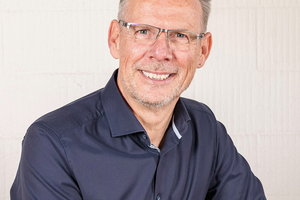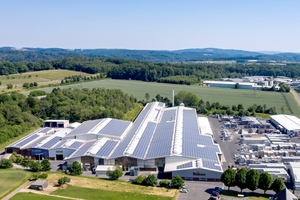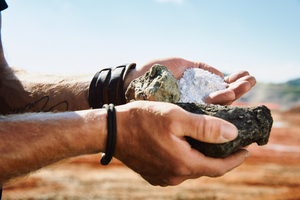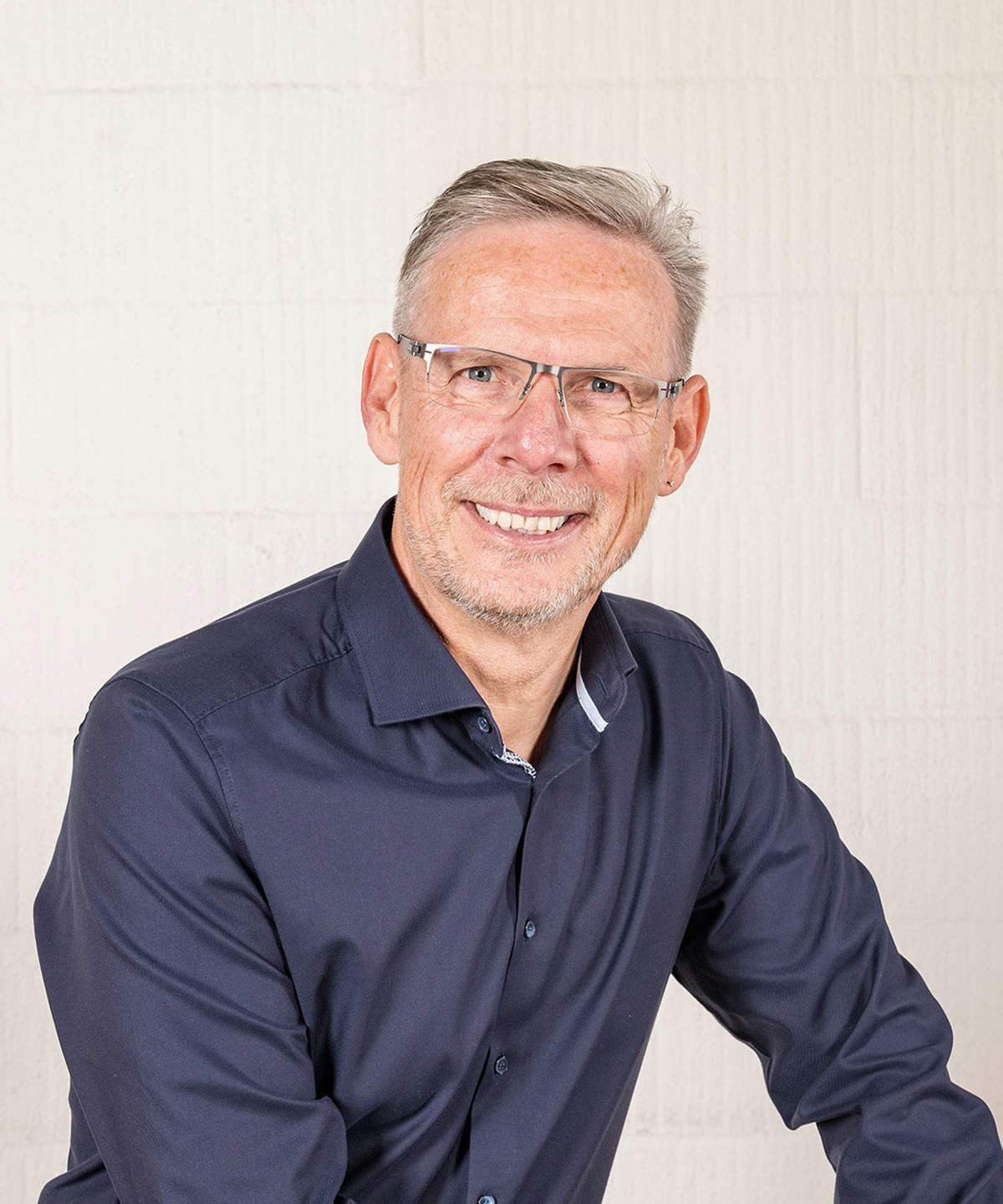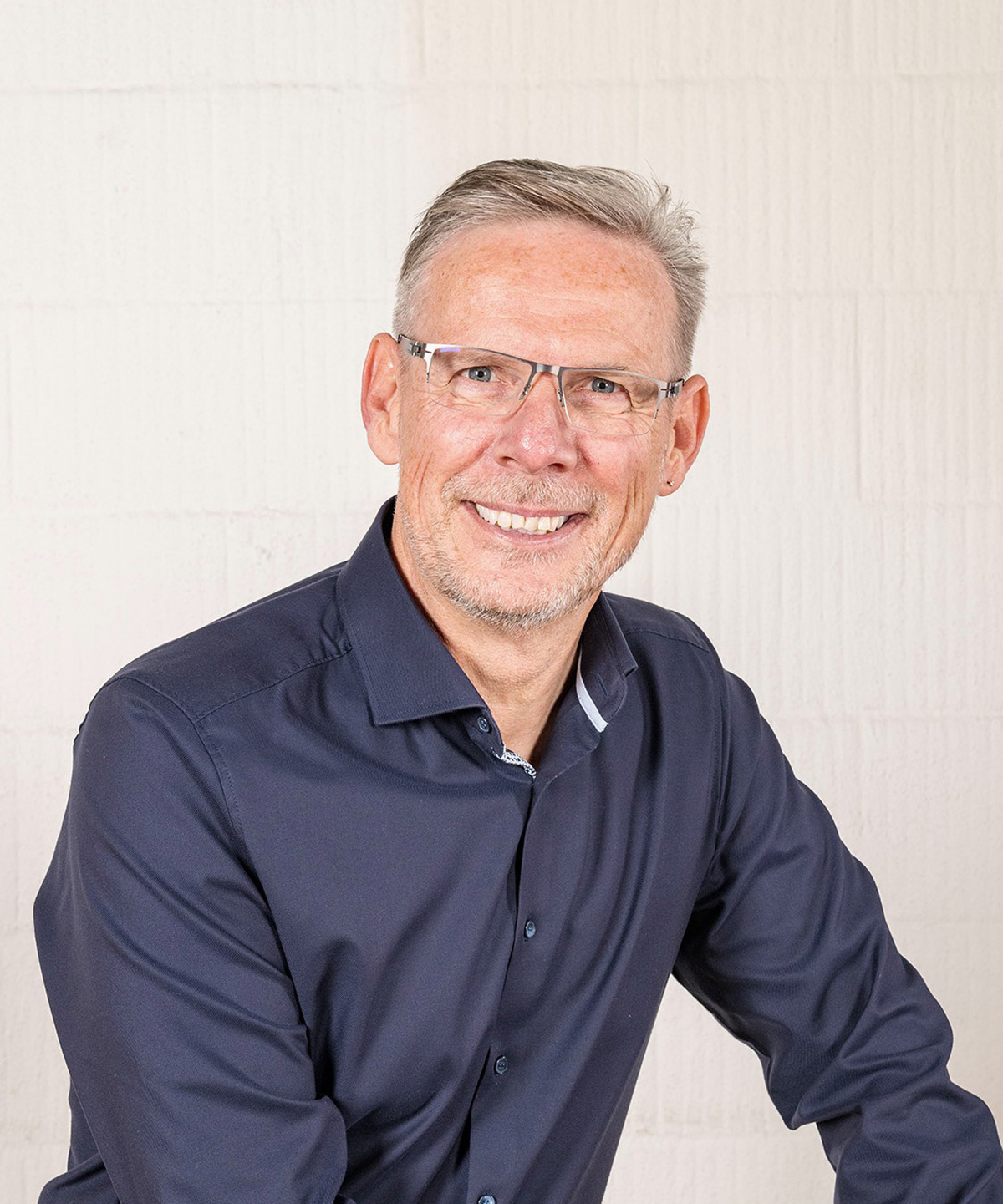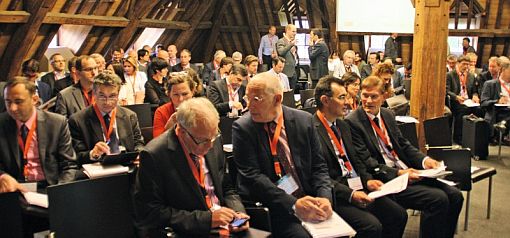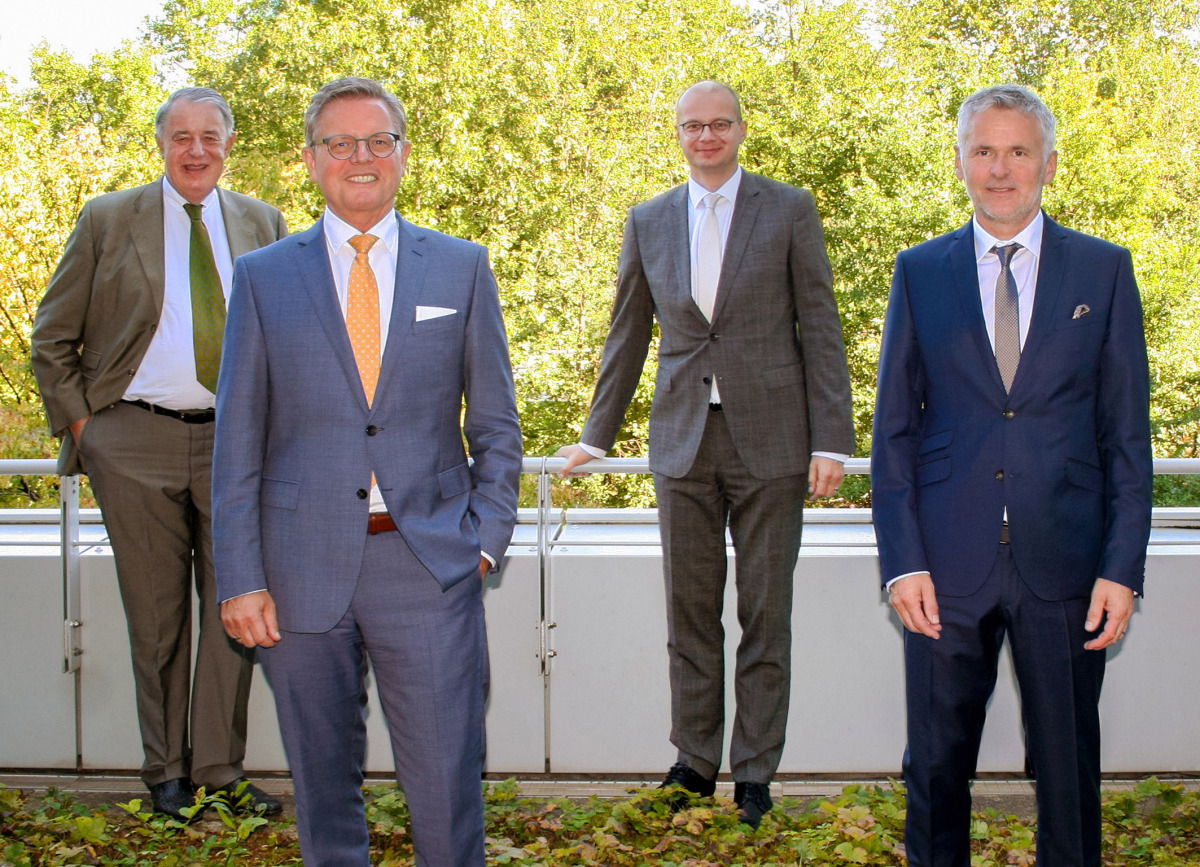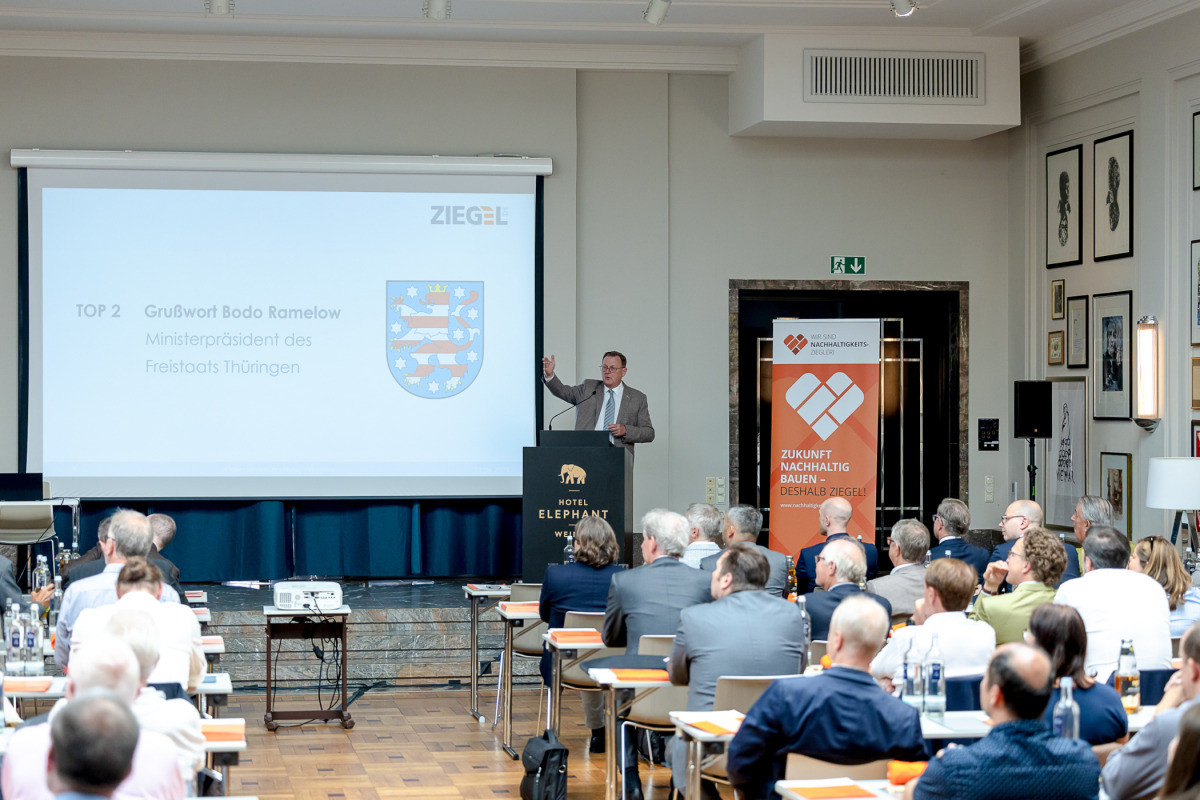"We need a universal definition of sustainable building!"
22.05.2024The Federal Association of the German Brick and Tile Industry set up the new "Sustainability" committee last fall. Its aim is to support the various national and European developments in the field of "sustainable building" for all brick manufacturers. In this interview, Chairman Thomas Maucher provides an initial interim assessment.
Mr. Maucher, at the moment you get the impression that the market situation and the construction industry are overshadowing all other issues. What role does sustainability still play?
Thomas Maucher (TM): Rightly a paramount one. In my discussions with clients about multi-storey residential construction, it is the most important topic alongside affordability. And I know that all my colleagues in the industry feel the same way. The situation is different in the single-family home segment. Unfortunately, the KfW funding conditions here are now unattractive and are disproportionate to the additional work required, meaning that only a very small amount of the available funding is applied for as a result. This does not mean that the houses are being built less grandchildren-friendly, but that the higher level demanded politically is simply no longer economically viable.
Which players are the main drivers of the debate?
TM: First and foremost the investors. The influence of taxonomy and ESG can be seen here; without certified sustainability, investments in residential construction can no longer be financed. And, of course, the realignment of KfW funding also plays a role. Our partners in architecture and planning offices are also being asked for relevant information on sustainable building products. With our industry EPDs, we offer a reliable basis for verification.
And where does the brick industry stand in its efforts?
TM: We are all working consistently on our agenda for climate-neutral production. My impression is that a lot has already happened in the factories, especially when it comes to saving energy. The industry's big concern at the moment is that neither green electricity nor green hydrogen will be available in sufficient quantities in the foreseeable future. We need political clarity here quickly. After all, our manufacturers will have to decide at some point which energy source should be used to fire bricks in the future. These are investments worth millions with consequences that will last for decades. Uncertainty hinders investment decisions just as much as endless approval procedures, such as for wind turbines.
The committee has been active for six months, what has been achieved in the meantime?
TM: We are a special committee in our industry because we cover all product areas of the clay brick and tile industry, i.e. roofs, walls and pavers. Our colleagues work together constructively, learn and share their knowledge beyond their own horizons. This spirit is very motivating. Internally, we can look back on an extensive, highly popular training program for our many colleagues in the plants and in sales. We have made a good start in our professional exchange with ministries, associations and stakeholders in our industry and our expertise is being recognized. We are pleased about the fundamental interest, but often also experience a strongly ideological view of sustainability.
What do you mean in concrete terms?
TM: Sustainable construction can only succeed if ecological, economic and socio-cultural aspects are considered equally. Particularly in the political debate, there is a one-sidedness with regard to ecology. However, just because a building material is of renewable origin does not make it sustainable per se.
What do we need?
TM: Everyone currently understands sustainability differently. There is no generally accepted definition of what exactly constitutes sustainable building. We need this social understanding. Not least to ensure fair competition between all construction methods, as it would be wrong to focus on just one building material or technology in this respect.

